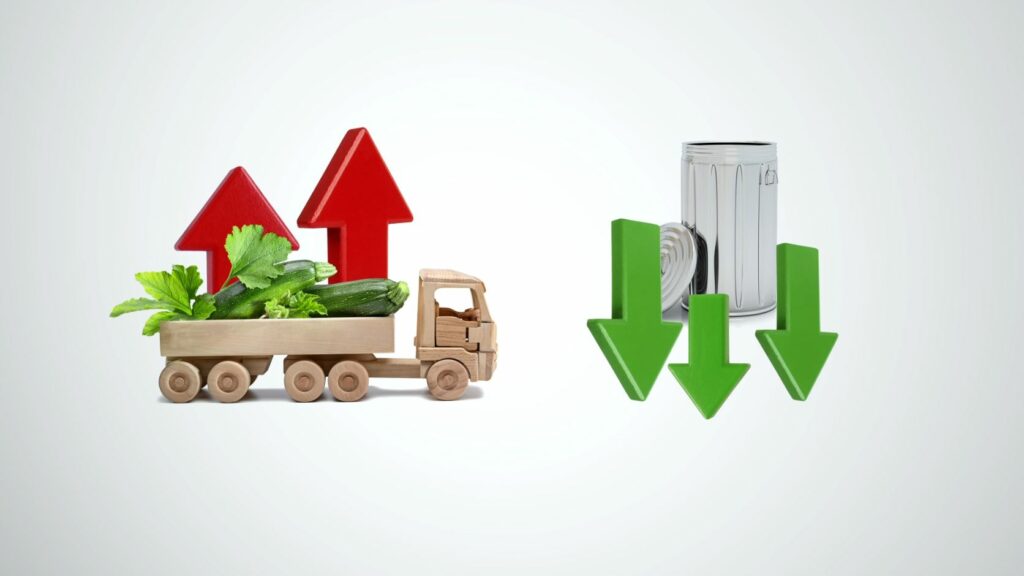#12.10.2020 Steel packaging and the fight against food waste
The coronavirus pandemic has changed the way many people think about food. Lockdown measures and the closure of foodservice outlets and the hospitality sector in many countries may have driven and increase in food consumption in the home, but in the EU, around 88 million tonnes of food waste are generated annually.
Waste is not ju st a consumer issue, it occurs at every stage of the supply chain.
st a consumer issue, it occurs at every stage of the supply chain.
Once the crisis of COVID-19 has subsided, attention will once again turn to how we can produce enough food for the world’s growing population, without further impacting the environment.
According to Sara Menker, founder and chief executive of agricultural data technology company Gro Intelligence, by 2027 the world could be facing a 214 trillion calorie deficit. This means that in less than a decade there may not be enough food to feed the planet.
The environmental impacts of food waste throughout the food supply chain are also widely recognised. Around a quarter of man-made greenhouse gas emissions are created by food waste. In fact, if food waste was a country, it would be ranked third after the USA and China in terms of greenhouse gas production.
When food ends up in landfill it rots and degrades, producing large amounts of methane, which is roughly 30 times more potent than carbon dioxide as a heat-trapping gas.
But a greener future, in which we can tackle food shortages and mitigate food waste, is within our reach.
By making smarter packaging choices we can extend the shelf-life of food, retain its nutritional value and prevent wastage at every stage from farm to fork.
When packaged in steel, food can be picked at the height of its freshness, retaining valuable vitamins and minerals. Product loss during transport and handling can also be minimised thanks to steel’s unrivalled strength. Steel packaging also reduces waste at household level, thanks to portion-sized packs and a long shelf life while fruit and vegetables that might be rejected on the basis of appearance can also be saved by using cans.
All this means steel for packaging has a vital role to play in helping deliver a greener future for Europe and help Europe achieve its vision to move to an efficient and circular economy.
